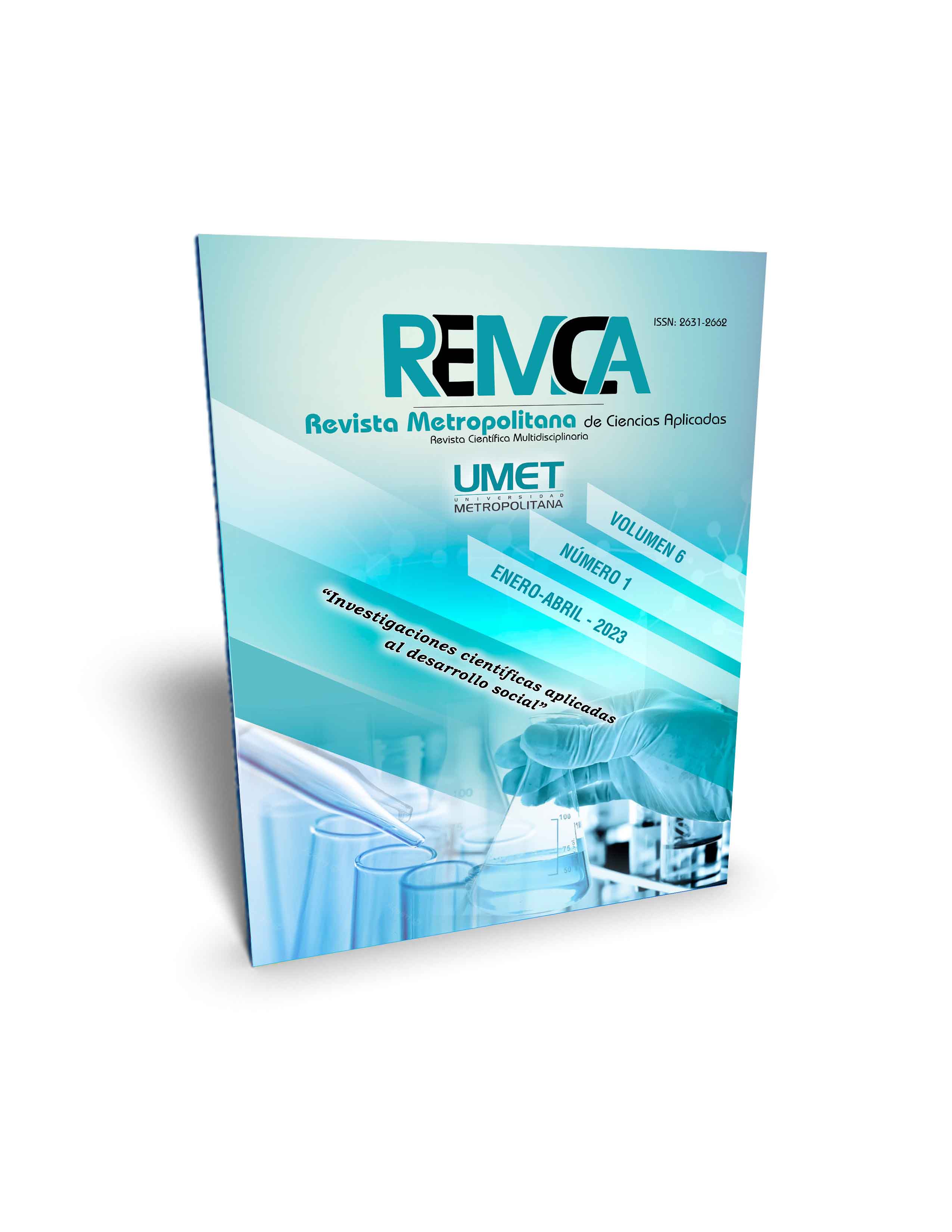The violation of the right to defense in the direct procedure in traffic crimes
DOI:
https://doi.org/10.62452/bd1qsk09Keywords:
Direct procedure, traffic crimes, right to defense, violation, due processAbstract
Ecuadorian legislation, like other legislation, is being updated according to the progress and development of society. Therefore, legislators within the Ecuadorian penal system have developed different types of processes to sanction an infraction, among which is the direct procedure. Being this, a new, fast, agile and effective procedure, which shortens time and omits unnecessary procedural phases to reach a quick opinion and without so many formalities. Procedure that, once the flagrancy has been qualified, the judge, within a maximum period of twenty days, must set a day and time for the trial hearing. The question then arises: Is twenty days enough time for the alleged offender to put together his defense strategy? This inductive research, with a qualitative approach, refers to the violation of the right to defense in the direct procedure in transit matters, setting as an objective: Analyze the direct procedure in transit matters according to the COIP and the existence or not, of the violation of the right to defense.
Downloads
References
Cornejo Aguiar, J. S. (1900). Teoría de la antijuricidad y las causas de justificación. Ediciones Jurídicas Olejnik.
Corte Interamericana de Derechos Humanos. (2010). Caso Ibsen Cárdenas e Ibsen Peña Vs. Bolivia. https://www.corteidh.or.cr/docs/casos/articulos/seriec_217_esp1.pdf
Cruz Barney, O. (2015). Defensa a la defensa y abogacía en México. UNAM.
Durán Ocampo, A. R., Sánchez Cuenca, M. E., & Vilela Pincay, E. W. (2018). Inconstitucionalidad en la defensa del procesado dentro de un procedimiento directo en los delitos flagrantes. Universidad Y Sociedad, 10(2), 318-322.
Ecuador. Asamblea Nacional Constituyente. (2008). Constitución Política de la República del Ecuador. Registro Oficial 449. https://www.oas.org/juridico/pdfs/mesicic4_ecu_const.pdf
Ecuador. Asamblea Nacional. (2014). Código Orgánico Integral Penal. Registro Oficial Suplemento 180. https://derechoecuador.com/codigo-organico-integral-penal-coip/
Estrada Baralt, S. (2016). La defensa penal de oficio. Revista de Derecho, Empresa y Sociedad, 9, 178-189.
Freire, E. P. (2020). El derecho a la defensa de las partes procesales. (Tesis de maestría). Universidad Católica de Santiago de Guayaquil.
Morales-Nivelo, B., Pérez-Curci, J., & Alarcón-Vélez, R., (2022). El debido proceso y su vulneración en el procedimiento directo previsto en la legislación ecuatoriana. 593 Digital Publisher CEIT, 7(3-2), 265-277.
Organización de las Naciones Unidas. (1948). Declaración Universal de los Derechos Humanos. ONU. https://www.un.org/es/documents/udhr/UDHR_booklet_SP_web.pdf
Pazmiño Granizo, E. (2015). La constitucionalización de la justicia penal en Ecuador: la experiencia del COIP. Defensoría Pública del Ecuador. https://vlex.ec/vid/constitucionalizacion-justicia-penal-ecuador-682467001
Pérez, D. A. (2015). El procedimiento directo en accidentes de tránsito. https://derechoecuador.com/el-procedimiento-directo-en-accidentes-de-transito/
Sotomayor Rodríguez, G. E., & Vivar Orrego, S. P.. (2020). Práctica jurídica en materia de tránsito. Editext.
Downloads
Published
Issue
Section
License
Copyright (c) 2023 Freddy Xavier Cando-Lagla, Martha Alejandra Morales-Navarrete (Autor/a)

This work is licensed under a Creative Commons Attribution-NonCommercial-ShareAlike 4.0 International License.
Authors who publish in Revista Metropolitana de Ciencias Aplicadas (REMCA), agree to the following terms:
1. Copyright
Authors retain unrestricted copyright to their work. Authors grant the journal the right of first publication. To this end, they assign the journal non-exclusive exploitation rights (reproduction, distribution, public communication, and transformation). Authors may enter into additional agreements for the non-exclusive distribution of the version of the work published in the journal, provided that acknowledgment of its initial publication in this journal is given.
© The authors.
2. License
The articles are published in the journal under the Creative Commons Attribution-NonCommercial-ShareAlike 4.0 International License (CC BY-NC-SA 4.0). The terms can be found at: https://creativecommons.org/licenses/by-nc-sa/4.0/deed.en
This license allows:
- Sharing: Copying and redistributing the material in any medium or format.
- Adapting: Remixing, transforming, and building upon the material.
Under the following terms:
- Attribution: You must give appropriate credit, provide a link to the license, and indicate if any changes were made. You may do this in any reasonable manner, but not in any way that suggests the licensor endorses or sponsors your use.
- NonCommercial: You may not use the material for commercial purposes.
- ShareAlike: If you remix, transform, or build upon the material, you must distribute your creation under the same license as the original work.
There are no additional restrictions. You may not apply legal terms or technological measures that legally restrict others from doing anything the license permits.




